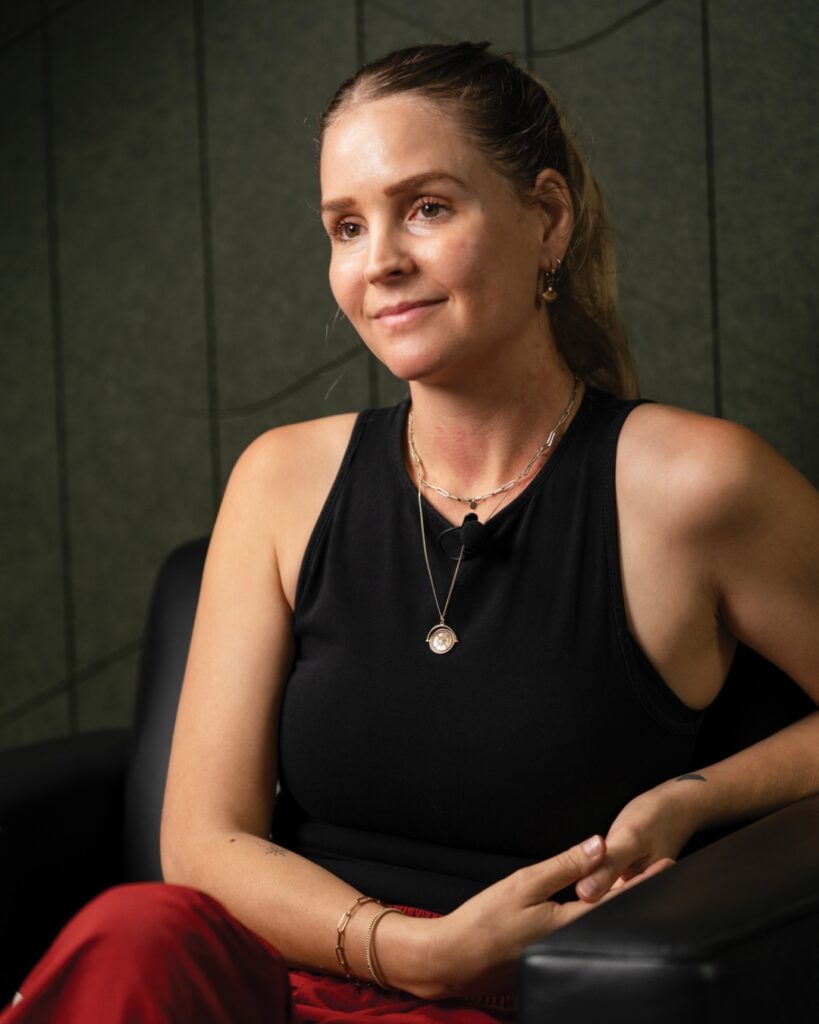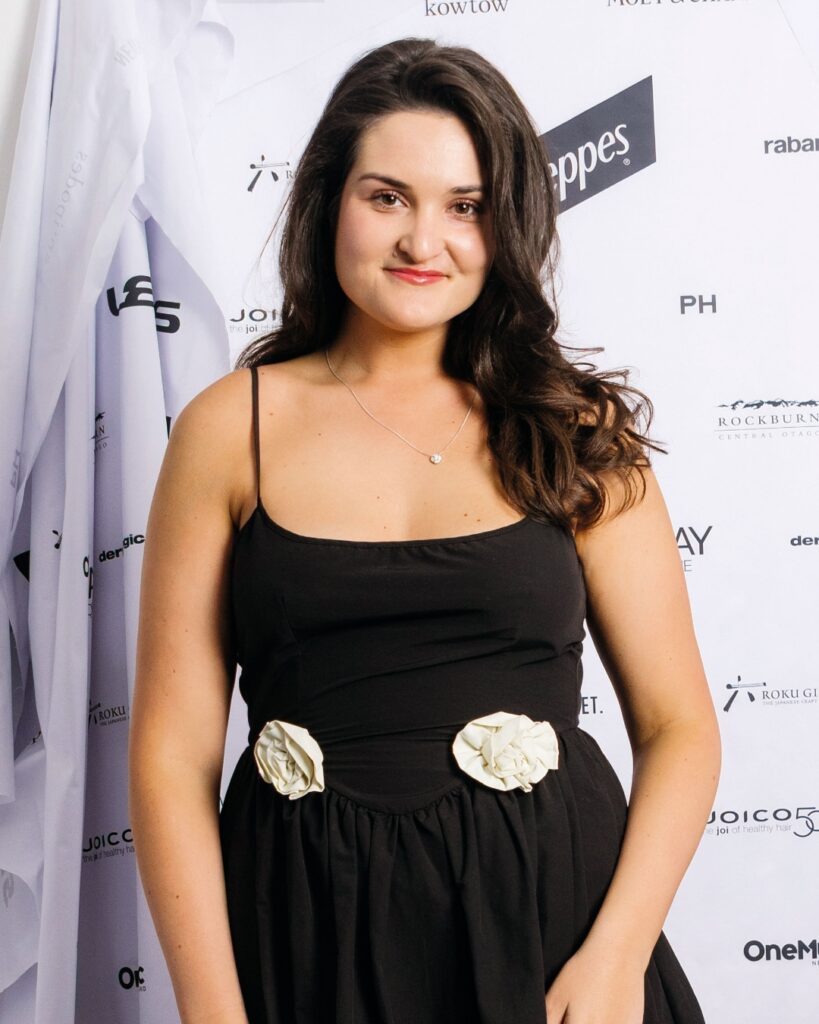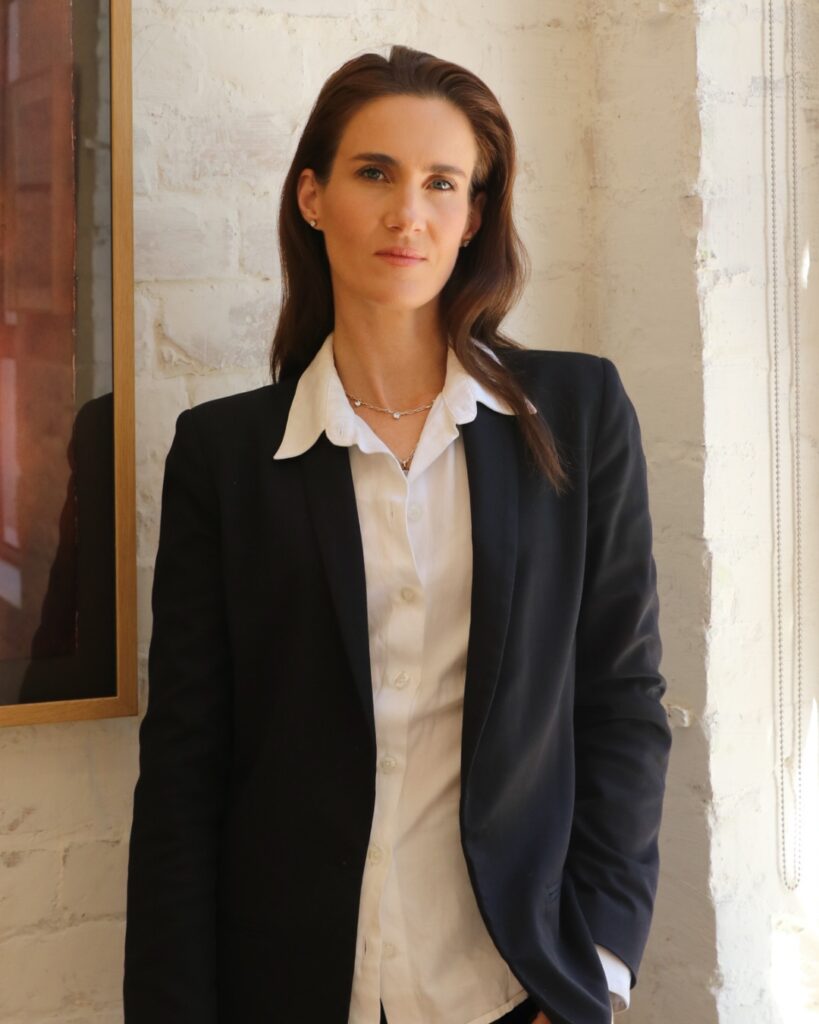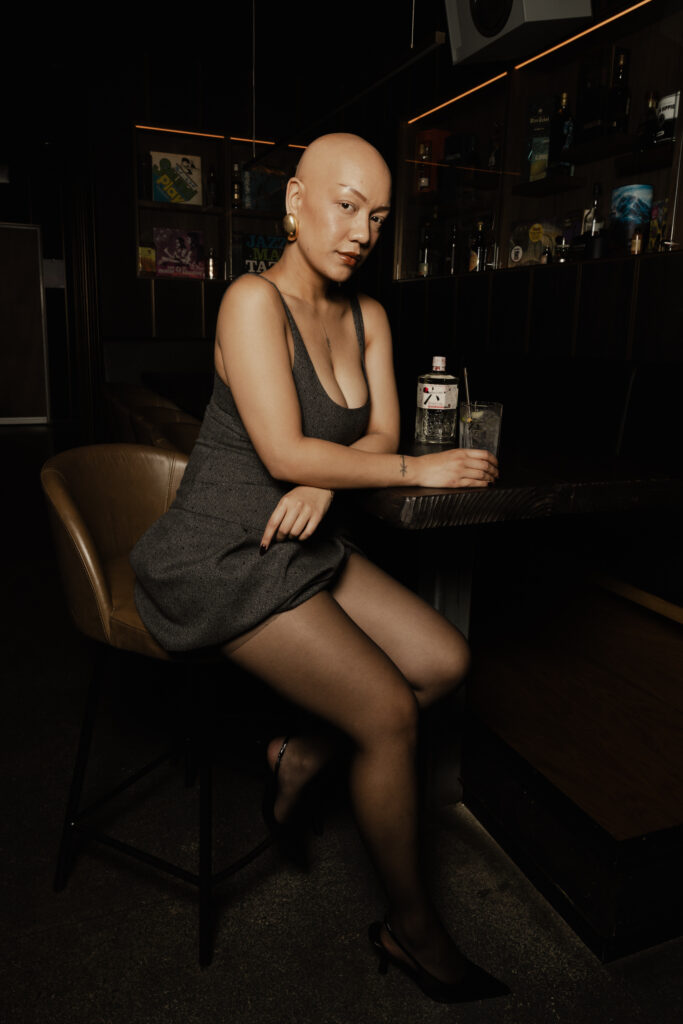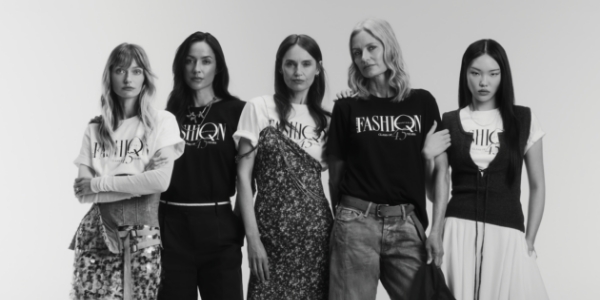
According to New Zealand health brand Eve, there are over 150 different PMS systems, from depression to backache and migraines. Still, the subject is under-researched and lacks easy-to-access solutions.
We talk to Beatrice Thorne from Eve about PMS, its links to hormonal imbalance, and how Eve is sparking a ‘self-health evolution’.
What is PMS, and how is it linked to hormonal imbalance?
Syndromes are essentially the title given to a collection of symptoms that can show up differently in each of us. PMS stands for premenstrual syndrome, meaning the symptoms we experience before menstruation.
Through delving into scientific research and at-home testing with women over the past two years, Eve has observed PMS symptoms linked with hormone imbalances such as low progesterone and high estrogen.
These two common hormone imbalances can cause all sorts of joys, from bloating and water retention, to moodiness and mood swings, to headaches, pain and fatigue, and more.
Through Eve’s testing, we’ve been able to support women to figure out what’s going on inside their bodies.
This is where Eve’s new product range comes in: Chill Pills, Period Pal, and Take Me With The Pill. These products are formulated using key herbs and nutrients that have had the biggest positive impact on our hormone testers.

Many individuals experience PMS, but do we really understand the extent of how it affects us both physically and mentally?
If you ask most women, they’ll tell you the extent of how it affects them! But many of us don’t have a full appreciation of what our bodies are managing internally during the premenstrual and menstrual phases of our cycles and how amazing our bodies actually are (but may not feel)!
During the luteal (post-ovulation/premenstrual) phase, progesterone should take over from estrogen as the most dominant hormone. However, from our testing, we know that this doesn’t always happen.
Progesterone is a calming, soothing hormone. Having low progesterone levels may cause us to feel the opposite of calm and soothed – hence mood swings, anxiety, and the general physical and mental unease of our experience with PMS.
Then, for us to shed the uterine lining that we’ve built up during the month and have a period, our progesterone and estrogen levels both need to reduce right down. Every organ in the body is influenced by estrogen and progesterone, so it’s understandable that things may feel a little wild!
Generally speaking, why do many feel like they have to suffer in silence about their PMS symptoms?
Pretty much everything about female bodies and how they naturally work has been considered ‘shameful’ for centuries. This shame has been passed down through generations, so it’s no surprise that we don’t feel as though we’re able to talk about the challenges we live with.
There has also been little education about what’s normal and what’s not when it comes to our hormones. Many women just assume that what they’re experiencing is the norm when they may not need to suffer.
We need to make a distinction between ‘normal’ and ‘common’. While PMS may be common in our society, it’s not necessarily the normal way a female body should function. PMS symptoms may be a sign that your body needs care and attention.
How has PMS affected you personally?
When I came off the pill, it took me two years to get my cycle back. Once I did get my period back, it took me a further 18 months to balance my hormones. At my worst, I’d spend three weeks of every month around my period battling with menstrual headaches, acne, exhaustion, bloating and water retention, anxiety, trouble sleeping, brain fog, and low moods.
It was truly a low point. However, it ended up being the driving force behind developing my passion for helping women to work with their cycles rather than against them. These days if I’ve had a stressful month, I might feel a bit sensitive in the days leading up to my period or have cramps on day one, but aside from that, I’m happy to say that I’m doing much better!
How can we encourage more women to seek help for PMS?
By letting women know that their cycle isn’t necessarily a burden. I know when you’re struggling with PMS, it feels far from empowering, but that’s why we’re here to help.
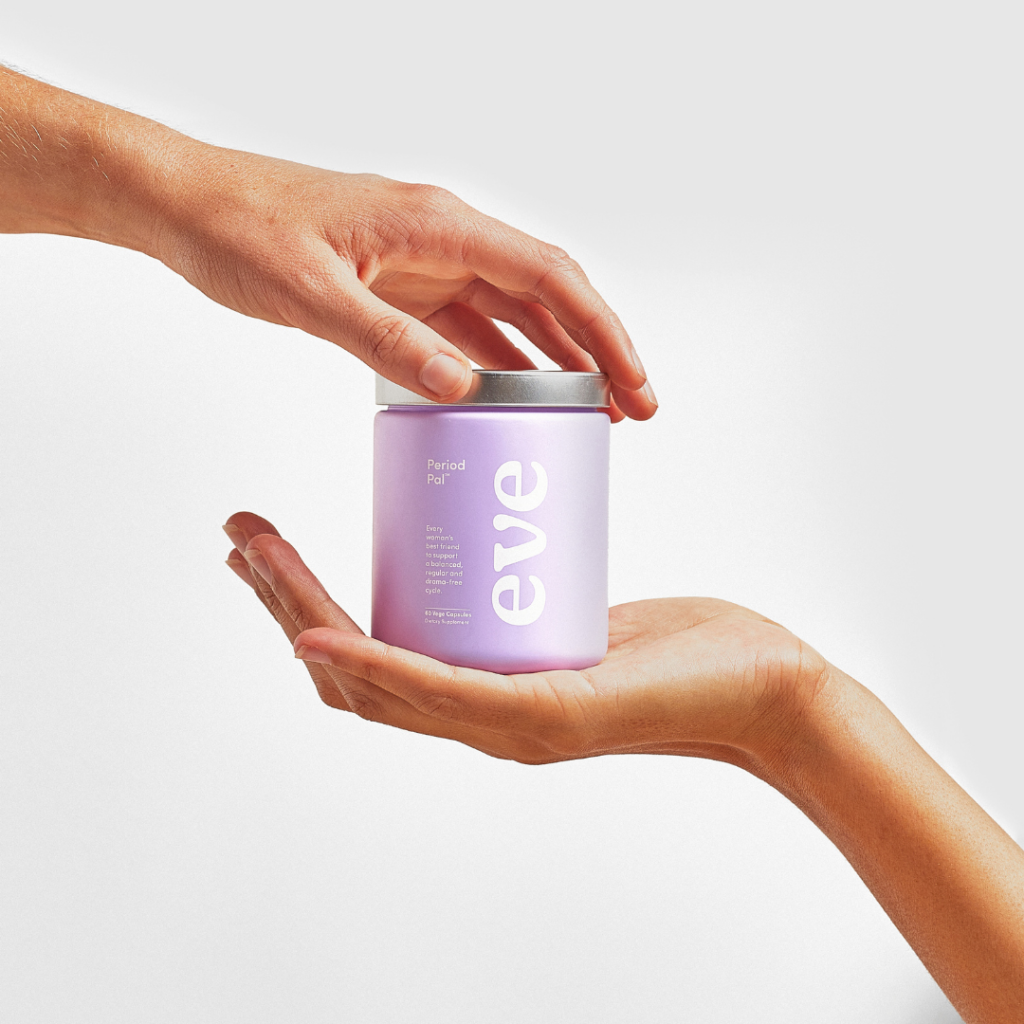
In terms of the research around PMS, what gaps need addressing?
Hormones are complicated things, so we always love reading new research on ways to support our bodies naturally.
Two areas we’d love to see more research on are hormonal birth control (e.g. the pill) – in particular, the impact it has on the body and menopause.
These are highly stigmatised areas that the vast majority of women struggle through with minimal support and zero empowerment.
Periods, fertility, hormones, pregnancy and prevention, are beacons of empowerment, and without knowledge, we lose that power.
How has a lack of research, understanding, and attention to PMS sparked a ‘self-health evolution’?
In my opinion, there has been little support for PMS beyond paracetamol and hot water bottles. And while there is a growing body of research around women’s hormonal health, there is a disconnect with practice.
For example, there is research showing how herbs and nutrients can support PMS. However, in New Zealand, these interventions aren’t commonly recommended.
Tell us how you came to develop Eve’s Period Pal?
Largely, we weren’t satisfied with the quality or dosage of the few women’s health products currently on the market.
Period Pal can assist the PMS woes we experience. It’s formulated with high-quality ingredients that each play a key role.
There’s zinc for ovarian health (super important for smooth periods), vitex, and adaptogenic ginkgo Biloba to support a plethora of PMS symptoms, as well as ashwagandha and Atlantic kelp for iodine to aid stress and mood.
There is still much vagueness and confusion around the female body – how will Eve continue to provide support?
We’ve been sharing knowledge about this topic on our blog and social channels for two years and won’t be stopping anytime soon!
We will also be holding events and opening up a digital space for women to share stories and talk about what we’re all experiencing. It’s time to erase the shame and come together to bring light to this topic.


